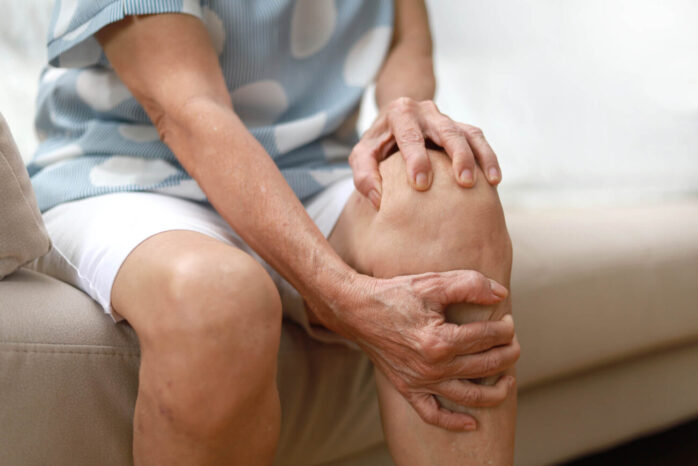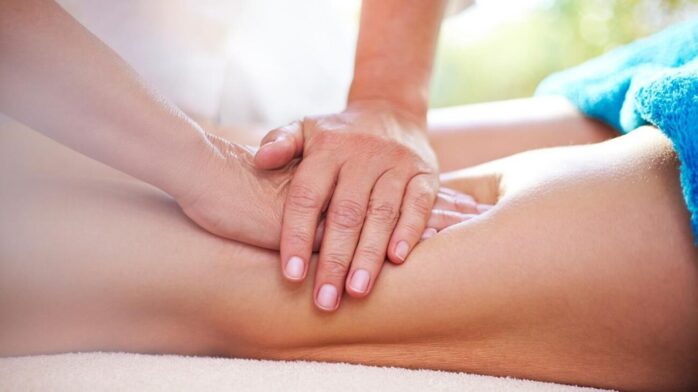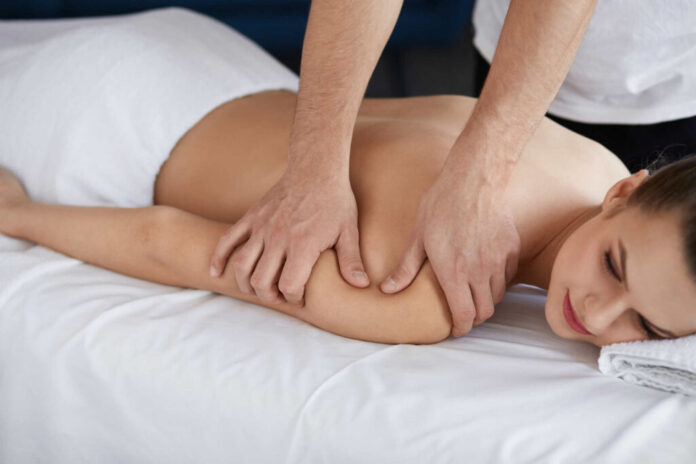Arthritis, a condition that plagues millions with persistent pain and stiffness, often constrains daily activities and diminishes the quality of life. Amidst the array of treatment options—ranging from medications to physical therapy—massage therapy shines as an often-overlooked remedy, offering a holistic approach to pain management.
Imagine the soothing touch of skilled hands melting away tension in aching joints, bringing relief not just to the body but also to the spirit. The benefits of massage therapy extend far beyond mere relaxation; they encompass improved circulation, reduced inflammation, and heightened flexibility.
For those grappling with the relentless grip of arthritis, this therapeutic practice opens a pathway to renewed vitality and comfort, making each day a little brighter and more manageable.
Understanding Arthritis ─ A Brief Overview

Arthritis, a term that encompasses over 100 types of joint disorders, often strikes with a painful blend of inflammation, stiffness, and reduced mobility. It can affect anyone, regardless of age or background, infiltrating daily life and transforming simple tasks into daunting challenges.
The most prevalent forms—osteoarthritis and rheumatoid arthritis—exhibit distinct characteristics: the former typically erodes cartilage over time, while the latter represents an autoimmune response that systematically targets joint tissues. As people navigate the complexities of living with arthritis, they often seek solutions that not only alleviate pain but also enhance their quality of life.
In this quest, alternative therapies like massage therapy have emerged, wielding the promise of relief and restoration for afflicted individuals grappling with the relentless grip of this chronic condition.
What is Massage Therapy?

Massage therapy, a holistic practice that dates back thousands of years, combines art and science to promote healing and relaxation through manual manipulation of the body’s soft tissues. This therapeutic technique encompasses a wide range of styles, from deep tissue and Swedish massage to more specialized forms like myofascial release and trigger point therapy.
Each method seeks to alleviate tension, increase circulation, and enhance overall well-being. For individuals suffering from conditions like arthritis, the gentle yet targeted pressure applied during a session can help relieve pain, improve mobility, and reduce stiffness.
Moreover, massage therapy not only addresses physical discomfort but also provides a sense of tranquility and emotional support, crucial for those managing chronic pain. It’s a multifaceted approach that taps into the body’s innate ability to heal, leaving clients not just feeling better in their joints, but also renewed in spirit.
How Massage Therapy Alleviates Arthritis Symptoms

Massage therapy offers a gentle, yet profound way to alleviate the discomfort associated with arthritis. By employing targeted techniques, such as kneading and compression, therapists can enhance circulation, which may help to reduce inflammation in the joints.
The soothing motions of massage not only ease stiffness but also promote relaxation, allowing individuals to experience a reprieve from chronic pain. Moreover, the release of endorphins during a massage session can uplift mood, counteracting the emotional toll that arthritis often takes.
This multifaceted approach creates a holistic healing environment where physical relief and mental well-being intertwine, presenting arthritis sufferers with a pathway to improved quality of life.
Conclusion
In conclusion, massage therapy offers a multitude of benefits for arthritis sufferers, providing relief from pain, reducing inflammation, and improving overall joint function. Regular sessions can enhance flexibility, alleviate stress, and foster a sense of well-being, making it an excellent complementary treatment for those managing this chronic condition.
Facilities like 동탄마사지 have recognized the importance of personalized care, tailoring their approaches to meet the unique needs of each client. By incorporating massage therapy into their self-care routines, arthritis sufferers can experience an improved quality of life, embracing greater mobility and comfort in their daily activities.




